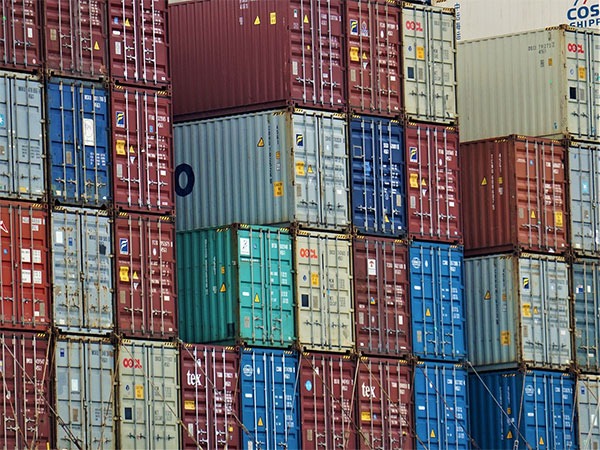India's Trade Deficit Narrows Amid Oil Strategy Shift
In June 2025, India's merchandise trade deficit narrowed to USD 20.7 billion, driven by lower crude oil prices and reduced gold imports. Strategic shifts, like increasing US and Russian oil imports and changes in the coal and gold trade landscape, contributed to easing the deficit pressure.

- Country:
- India
India witnessed a modest narrowing of its merchandise trade deficit to USD 20.7 billion in June 2025, down from USD 21.9 billion the previous month. This is attributed to falling crude oil prices and a decline in gold imports, according to Union Bank of India (UBI).
Following a ceasefire between Israel and Iran and increased OPEC+ production, crude prices momentarily declined, aiding India's trade balance. However, Brent crude rebounded from USD 64.01/bbl in May to an average of USD 69.80/bbl in June, moderating import costs. June's crude imports reported a slight decrease to 4.66 mbpd from May's 4.72 mbpd, as per Vortexa.
Significantly, Indian refiners shifted sourcing strategies, boosting imports from Russia and the US. Russian oil reached a two-year high of 2-2.2 mbpd, while US imports increased by 270% in the first four months of 2025. This strategic diversification, driven by discounted Russian oil, lowered geopolitical risks associated with the Strait of Hormuz.
Meanwhile, India's petroleum exports dropped by nearly 10% in June to 1.19 mbpd from 1.32 mbpd in May, slightly dampening trade deficit gains. Compared to last June, exports fell by 3.7%. The country's gold trade deficit also decreased with high international prices, regulatory measures, and recycling trends curbing imports. Gold prices averaged USD 3,353/oz, marking a 5% monthly and 32% annual increase, as imports dipped from April and further anticipated reductions in June.
Coal imports reached 16.59 million tonnes, a 1.2% year-on-year rise but down 2.1% from May, with thermal coal constituting 70.2%. Additionally, regulatory moves included anti-dumping duties on four Chinese chemicals and the prohibition of certain imports from Bangladesh, amid trade compliance issues. Iron ore pellet producers also called for restrictions on Oman imports due to concerns about Iranian-origin cargo impacts.
According to UBI, commodity price trends, particularly in oil and metals, remain crucial in evaluating trade deficit impacts. Ongoing global demand shifts and sluggish export momentum could mitigate import bill pressures if commodity prices continue to climb.
(With inputs from agencies.)
ALSO READ
Diplomatic Push for Peace: US Efforts in Southeast Asia
From Imitator to Innovator: China's Cool Factor Revolutionizes Global Tech and Business
Diplomatic Push in Southeast Asia: U.S. Efforts to Broker Cambodia-Thailand Peace
High-Stakes Trade Talks: US and China Negotiations Move to Stockholm
Euro Rises on U.S.-EU Trade Pact Amid Global Economic Focus










